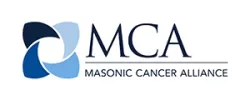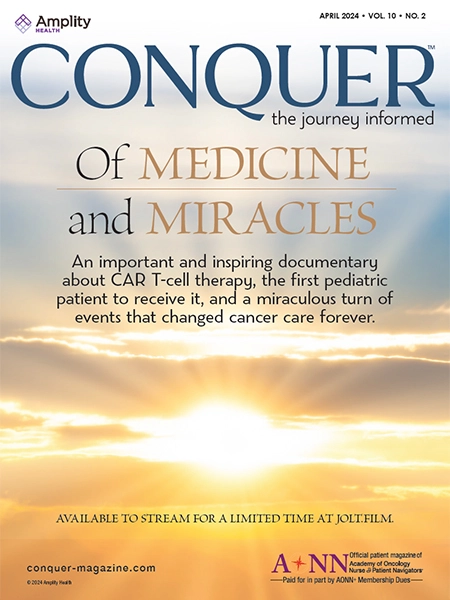Navigation & Survivorship News
Plus Pointers: Clarifying Role Boundaries
Patient navigation is still a new profession, so navigators often must clarify role boundaries with their colleagues and with patients. Navigators collaborate with colleagues to determine the best health care team member to answer patient questions.
Insights into Navigation: Caregivers Need Navigation Too
Family caregivers are expected to do whatever is necessary to help their loved one who is now stricken with a disease that requires so much attention. And often without necessarily having a road map how to navigate their roles and responsibilities. These are individuals who suddenly got drafted into needing to take on the tasks and responsibilities of two people.
Members Memo: Role Delineation
A recent writing adventure revealed how proud each one of you should be as patient navigation has evolved over the last decade as a new health care delivery support strategy. And you have been a part of it by answering surveys, writing articles about evidence based practice, attending conferences, participating on project teams, sharing best practices as well as challenging leaders for more information on navigation.
Plus Pointers: The Go-To Resource
Patient navigators are often the “go-to resource” person for patients and their loved ones. This relationship is based on trust and accessibility. Patients rely on navigators to provide timely, relevant, and accurate information.
Members Memo: Supporting the Oncology Care Model
One of the dominant themes in oncology healthcare is how to address costs, especially as more diagnostic tests and cancer therapies emerge. The new Oncology Care Model is trying to address this issue by transitioning from the traditional fee for service to a value-based care model.
Plus Pointers: Navigators and Metrics
Navigation programs can help with sustainability of the field by capturing core metrics on barriers identified, interventions to reduce barriers, numbers and types of patients served.
Insights into Navigation: Thoracic Cancer Certification
Do you specialize in thoracic cancer? Then we had you in mind when we decided to begin the development of subspecialty certifications!
Members Memo: "COST"
Financial support for continuing education has been a challenge as healthcare systems have trimmed budgets in recent years. We realized this ongoing financial challenge for navigators and hoped the free one-year AONN+ membership along with waiving the navigation certification fee were enough financial incentives to attend the AONN+ annual conference.
Plus Pointers: Patient Navigation and Ongoing Education
Patient navigators have a basic and ever-expanding knowledge of medical and cancer terminology. If a navigator does not have the knowledge necessary to answer patient questions, they may refer the patient to other members of the health care team.
Insights into Navigation: A Time of Giving
It's January, and many people have made new year’s resolutions. Commonly, such resolutions are focused on dieting or other goals aimed at personal growth. Maybe consider making some resolutions focused on your career path.
Thank You to Our Corporate Sponsors and Alliance Partners!
-

Major Corporate Sponsor
-

Patron Corporate Sponsor
-

Patron Corporate Sponsor
-

Patron Corporate Sponsor
-

Industry Relations
Council Member -

Industry Relations
Council Member -

Industry Relations
Council Member -

National Alliance Partner
-

National Alliance Partner
-

National Alliance Partner
-

National Alliance Partner
Privacy Notice | Terms of Use
© 2009- DBA AONN+ Academy of Oncology Nurse & Patient Navigators® | PO Box 563, Cranbury, NJ 08512 |
AONN+ DBA AONN+ is a 501(c)(6) organization under federal tax guidelines. AONN+ Foundation for Learning, Inc. a 501(c)(3) organization under federal tax guidelines.
AONN+ Advantage, LLC, a wholly owned subsidiary of AONN+.


